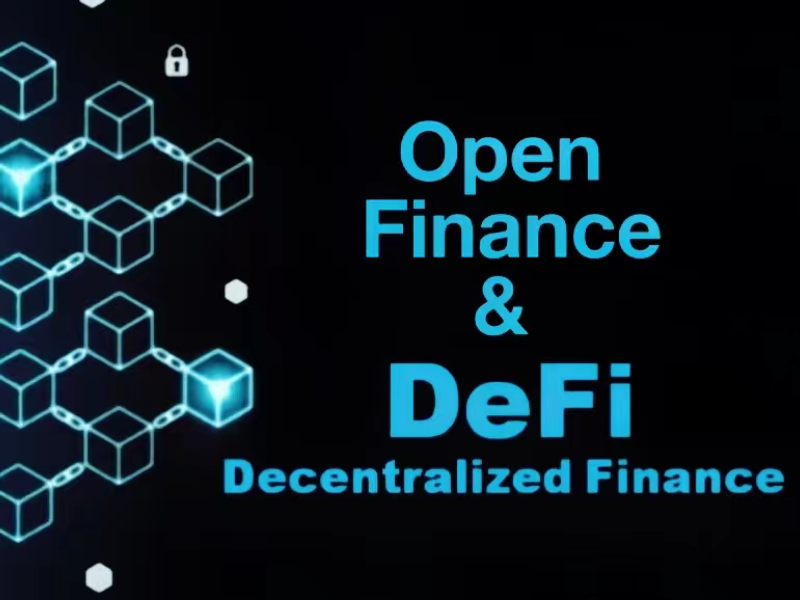- Aave delegates plan to vote for a $1 billion exit from the Polygon blockchain, citing concerns over a controversial proposal to invest idle stablecoins on the Polygon-Ethereum bridge.
- Polygon Labs accuses Aave of anti-competitive behaviour, while Aave leadership defends their actions as necessary for user security amidst rising tensions in the DeFi ecosystem.
What happened: Aave plans $1bn exit from Polygon
Aave, a leading decentralised finance (DeFi) protocol, is set to vote on leaving the Polygon blockchain following a contentious proposal to invest $1 billion in idle stablecoins on the Polygon-Ethereum bridge. Major Aave delegates, Marc Zeller and EzR3aL, support this exit, arguing it mitigates risks associated with the proposal. Polygon Labs’ CEO, Marc Boiron, accuses Aave of anti-competitive behaviour, claiming that such a move undermines competition in the ecosystem. He states, “We have the power to hurt them,” highlighting the monopolistic tactics allegedly at play. Critics of the investment proposal, including stablecoin issuers Tether and Circle, express concerns about the inherent risks of bridging funds, likening the situation to fractional reserve banking. Aave’s leadership, however, views their stance as prioritising user security. This unfolding drama underscores the fragility of alliances in DeFi and raises questions about the future of collaboration between protocols.
Also read: DeFi 2.0: The next wave of decentralized finance innovation
Also read: Virginia man convicted of using cryptocurrency to fund ISIS
Why this is important
The potential departure of Aave from the Polygon blockchain signifies a pivotal moment in the decentralised finance (DeFi) sector, highlighting the fragility of partnerships within a rapidly evolving ecosystem. Aave accounts for approximately 40% of the value locked in Polygon’s DeFi protocols, making its exit a significant blow to the blockchain’s credibility and growth prospects. As Marc Boiron, CEO of Polygon Labs, noted, Aave’s actions may reflect monopolistic behaviour that stifles competition. This incident echoes broader industry concerns about the sustainability of collaborations between major players and emerging protocols, such as Morpho, which proposed the contentious investment plan.
With DeFi protocols like Aave and Polygon competing for dominance, any shift in alliances can reshape market dynamics and investor confidence. Additionally, the ongoing scrutiny of risk management in DeFi underscores the importance of secure practices, especially as the sector faces increasing regulatory attention. This unfolding drama not only affects Aave and Polygon but also sets a precedent for how similar conflicts may be handled in the future, impacting investor sentiment and market stability across the entire crypto landscape.

